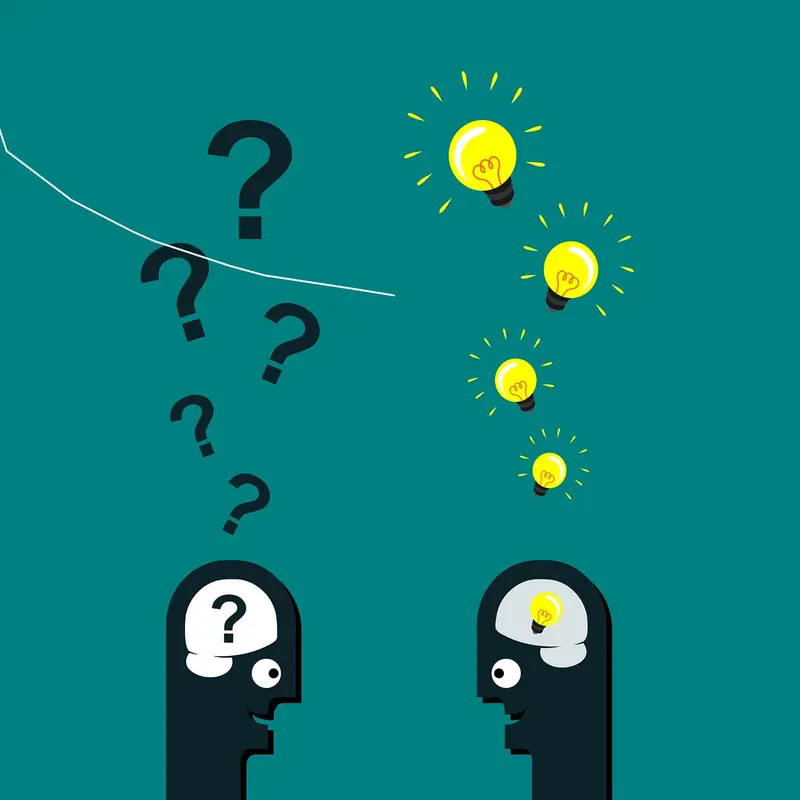
During long periods of solitude, many people struggle to occupy their minds. However, researchers note that individuals with creative thinking often relish the freedom of being in their own mental universe.
Creative People Experience Less Boredom
American psychologists surveyed over 2,000 volunteers to better understand how creativity develops when people have nothing to do. The results revealed that those with creative thinking are less likely to feel bored when left alone with their thoughts.
This may not come as a surprise. Yet, it highlights the differences between our minds in active and idle states. This could potentially impact research that relies on comparing brain activity scans during rest.
Moreover, this observation could suggest better ways to encourage people to appreciate their idle state. It proves that one doesn’t have to fill every moment with chores, work tasks, and side hustles. As cognitive neurobiologist Jessica Andrews-Hanna, who led the study, points out, understanding how people think during downtime could lead to promising initiatives for improving health and well-being.
Creative Thinking Expands the Boundaries of Isolation
The global pandemic taught us that prolonged periods of isolation are not enjoyable for most. There are several ways people cope with the pressures of loneliness, and not all of them are beneficial for health.
 However, for some, social distancing became a precious opportunity to dive into their own consciousness. These individuals filled long hours of solitude with journeys through their thoughts and imagined stories.
However, for some, social distancing became a precious opportunity to dive into their own consciousness. These individuals filled long hours of solitude with journeys through their thoughts and imagined stories.
As Ms. Andrews-Hanna notes, in today’s fast-paced and digital society, finding time to be alone with one’s thoughts without distractions is a rare occurrence. Therefore, people with divergent thinking have an advantage, as they are almost unfamiliar with boredom.
An Experiment on Creative Thinking in Isolation
To better understand the principles of divergent thinking in a state of rest, researchers conducted the following experiment. They invited 90 volunteers to sit alone in a room without digital distractions for 10 minutes and say whatever came to mind.
The divergent thinking test provided researchers with data on each participant’s inclination toward unconventional solutions to quirky questions like, “How would you make money with 100 rubber bands?” Analyzing the chain of spoken ideas gave researchers insight into the processes through which some participants thought outside the box.
 Psychologist Quentin Raffali noted that many participants jumped between seemingly unrelated thoughts. Meanwhile, creative individuals exhibited signs of more associative thinking. They also spoke more, reflecting a free flow of ideas, and rated themselves as feeling less bored while alone.
Psychologist Quentin Raffali noted that many participants jumped between seemingly unrelated thoughts. Meanwhile, creative individuals exhibited signs of more associative thinking. They also spoke more, reflecting a free flow of ideas, and rated themselves as feeling less bored while alone.
In a second study, the team evaluated the responses of 2,612 participants in an online survey about creativity. The self-assessments confirmed the findings of the previous study. As researchers suggested, creative individuals experienced less boredom during the COVID-19 lockdown.
“Dead Time” Can Be Productive
Thus, experiments and studies have shown that no matter how quickly many people try to fill their “dead time” of rest, losing focus and zoning out is not as unproductive as we might think. It can be quite beneficial to learn to embrace one’s inner creativity and enjoy these moments.
As Ms. Andrews-Hanna tells Sciencealert, people are increasingly becoming overwhelmed, overloaded, and dependent on digital devices. Therefore, she believes it’s essential to improve how we work at home, in workplaces, and in schools, and to carve out time simply to let our brains rest.
